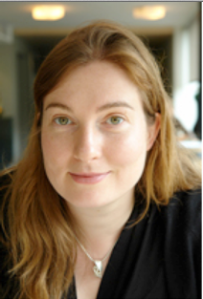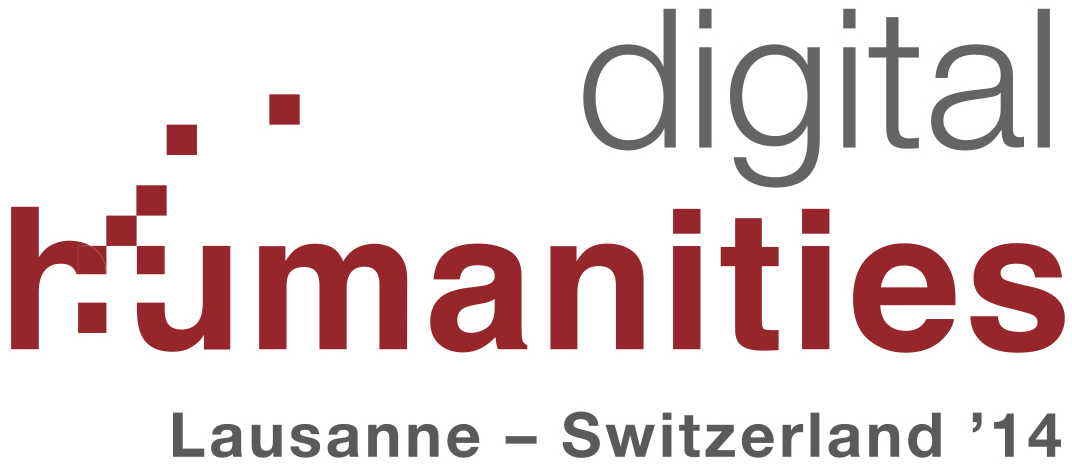The LADHUL (Unil) and the DHLab (EPFL) co-organize a lecture given by Melissa Terras:
“The importance of others: using Digital Humanities to involve a wide audience in cultural herit age”
age”
Tuesday 25 June, 15:45, Anthropole 5021 (Unil); tweet: #DHLsne
Afterwards, at 17:00: inauguration of the database «Lumières.Lausanne», under the lead of prof. Bela Kapossy (Lettres, Unil); Anthropole 2024. http://lumieres.unil.ch/
How can digital technologies be used to encourage public engagement with culture, heritage, and Digital Humanities itself? In this talk, Melissa Terras will present three different research projects currently being undertaken at UCL Centre for Digital Humanities, including:
– Transcribe Bentham, where volunteer crowd-sourced labour is being used to transcribe the manuscripts of the philosopher and social reformer Jeremy Bentham
– Qrator, where virtual and physical visitors to museum spaces are asked to engage with complex issues surrounding the collection
– Textal, an iPhone app currently in development which should make Text Analysis available easily via mobile computing.
In doing so, different aspects of public engagement are highlighted, stressing how Digital Humanities has the ability to reach out to a wide audience in many and varied ways, showing the the positive results this generates for both the research team, and the institution.
Prof. Melissa Terras is Co-Director of UCL Centre for Digital Humanities and Reader in Electronic Communication in UCL’s Department of Information Studies. With a background in Classical Art History, English Literature, and Computing Science, her doctorate (Engineering, University of Oxford) examined how to use advanced information engineering technologies to
interpret and read Roman texts. Publications include “Image to Interpretation: Intelligent Systems to Aid Historians in the Reading of the Vindolanda Texts” (2006, Oxford University Press), “Digital Images for the Information Professional” (2008, Ashgate), and “Digital Humanities in Practice” (2012, Facet). She is the General Editor of Digital Humanities Quarterly journal, the secretary of the Association of Literary and Linguistic Computing, and on the board of the Alliance of Digital Humanities Organisations. Her research focuses on the use of computational techniques to enable research in the arts and humanities that would otherwise be impossible. You can generally find her on twitter @melissaterras.


